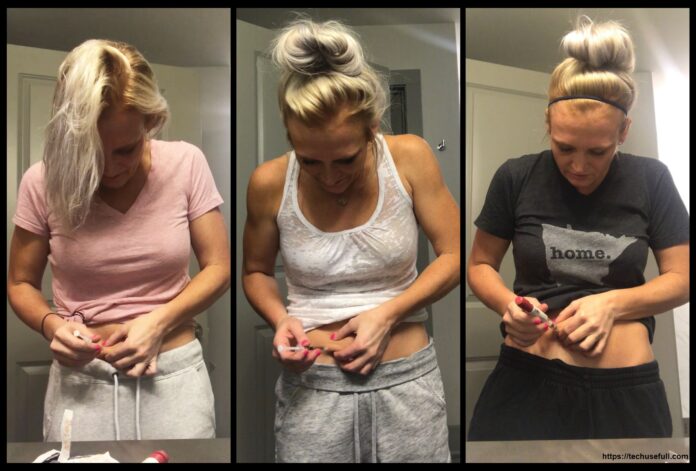Egg freezing, or cryopreservation, is a process that preserves a woman’s eggs for use at a later date. This treatment has been used to postpone pregnancy for medical and social reasons. It is a relatively new process, but has already gained widespread popularity.
Ovarian reserve testing
Ovarian reserve testing is the best way to evaluate a woman’s ability to produce healthy eggs. If a woman has a low ovarian reserve, her eggs may be less likely to respond to hormone medication. However, that doesn’t mean she’s infertile.
Egg freezing is a viable option for preserving fertility. However, it’s a complex process. There are several factors that influence egg supply.
Women who freeze their eggs before age 35 have a higher chance of success. This is because younger women tend to produce more eggs in a single cycle. The quality of each egg is also affected by the woman’s genetics.
There are two types of ovarian reserve testing: blood tests and ultrasound imaging. Blood tests are used to measure follicle stimulating hormone (FSH), luteinizing hormone (LH), and anti-Mullerian hormone (AMH). AMH can tell the amount of eggs a woman has, but it is not the most accurate test.
The most accurate test for ovarian reserve is antral follicle count. Antral follicles are small clusters of immature eggs that are resting in the ovaries. They’re typically found early in the menstrual cycle. Vaginal ultrasound counts them, and a doctor can use these measurements to predict how a woman’s ovaries will respond to IVF.
Infectious disease screening
Egg-freezing is a medical procedure where mature eggs are frozen to allow for later attempts at a pregnancy. This process is not for the faint of heart, though it does carry with it some health benefits. If you’re considering freezing your eggs, make sure to do your research on what you’re getting into.
The process involves a series of tests and treatments. A doctor may perform a number of blood and other tests to determine the health of your body before proceeding. Some women may also experience a bout of bloating. Once the tests are complete, your eggs are stored in liquid nitrogen tanks. You can expect to pay around PS4,500 for this treatment in the UK.
Several studies have weighed in on the egg-freezing effect and its relative efficacy. For example, studies suggest that if you freeze your eggs before your fertile years, you’re less likely to use them later. Also, your eggs may be fertilized in a lab to create embryos, which could be implanted in your uterus.
Signs and symptoms
Egg freezing is a procedure that allows women to store eggs for later use. This is a good option for women who wish to avoid infertility or who want to conceive genetically related children.
It is also an ideal solution for women who have undergone cancer treatment. In some cases, a cancer diagnosis can interfere with a woman’s fertility. A frozen egg may provide insurance against age-related fertility decline.
While the benefits of egg freezing are clear, there are risks involved. Doctors must be sure to advise their patients of all the potential side effects.
The most common medical risk associated with freezing your eggs is ovarian hyperstimulation syndrome. This condition can cause significant weight gain and pain. Other medical complications are rare.
Some of the more commonly occurring symptoms of egg freezing include soreness and cramping in the vagina. These should subside within a few days.
Other less common side effects include a damaged blood vessel or a bowel obstruction. However, most women resume normal activities the next day.
Cost
The cost of egg-freezing depends on a few factors. It is usually around $10,000 for the entire process, which includes the procedure, storage, and thawing. If you are considering egg freezing, talk with a financial advisor.
The costs vary between clinics. Some can charge as much as $15,000. Other clinics offer discounts for multiple cycles. You can also look for insurance coverage. Most health care plans do not cover egg freezing as an elective treatment, which means you would have to pay out-of-pocket.
Egg-freezing is expensive, and it can be emotionally draining. While fertility treatments are usually covered by insurance, there are some one-time costs that you will have to cover. These costs include genetic testing, fertilization, and embryo growth.
Women who are interested in egg-freezing will need to find a doctor who specializes in this field. Many fertility clinics offer payment plans or discounts for multiple cycles.
The number of cycles you will need will depend on your age and your fertility issues. Generally, women in their early thirties can expect to have an average of one cycle, while older women may need more.


